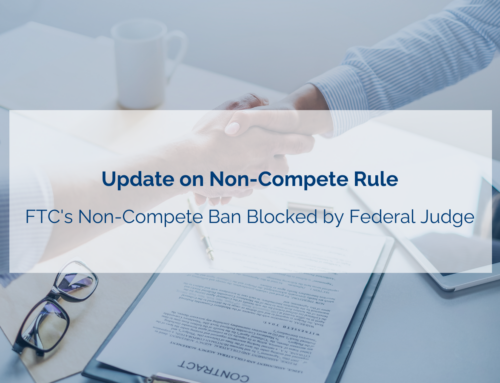In the construction industry, “breach of contract” is a common term that holds significant weight. Let’s break down what it means, the difference between major and minor breaches, how to file a claim, and how to respond to one.
What is a Breach of Contract?
A construction contract is an agreement between parties, involving offer, acceptance, consideration, and mutual intent to be bound. A breach occurs when a party fails to fulfill their contractual obligations, either by doing or failing to do something required.
Minor vs. Major Breaches
– Minor Breach: These are less severe deviations that usually don’t result in substantial damages, such as slight delays or small variations in materials used.
– Major Breach: This is significant and often leads to lawsuits. It happens when a party strays considerably from the contract, like using substandard materials or failing to make payments.
Common Causes of Breach in Construction
- Defective Performance: disputes over workmanship quality
- Schedule and Delay Issues: delays due to dependencies and external factors, such as weather
- Failure to Perform: one party’s failure affects the entire project
Potential Remedies
- Damages: compensation, including compensatory, punitive, or liquidated damages
- Rescission: terminating the contract and restoring parties to their original positions
- Reformation: modifying the contract to reflect the true agreement
- Specific Performance: court order to fulfill contractual duties
Navigating breach of contract issues can be complex. Burkhalter Law provides expert guidance and representation to protect your interests. Contact us to ensure your rights are upheld and your project stays on track.





